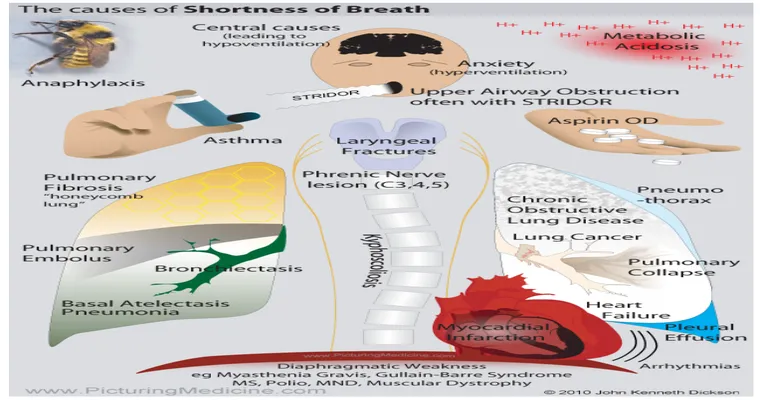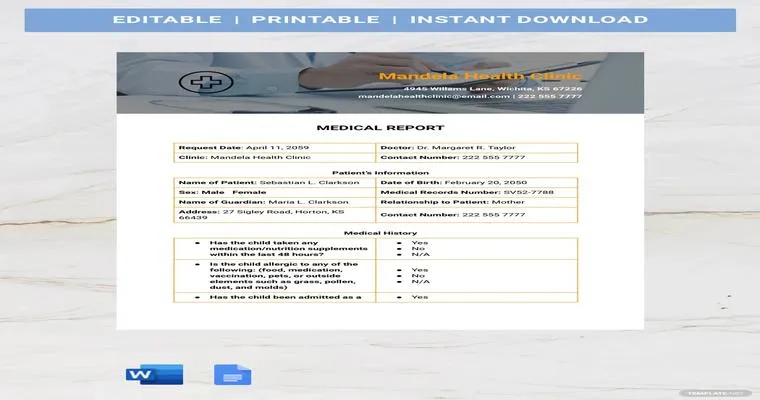Finding out that a loved one is in the "hospital" can be a shocking and emotional experience, especially when you feel left out of the loop. When you hear the words, "My mom is in the hospital and no one told me," a whirlwind of emotions can take hold—confusion, anger, and sadness may all swirl together. It is not just about the "health" of your mom; it’s about feeling disconnected from your family during a time of crisis.
In this article, we will explore why communication can break down during medical emergencies, how to manage your feelings upon learning such news, and what steps you can take to ensure that you stay informed in the future.
The Importance of Communication
In times of crisis, families often rally together for support, but this can sometimes lead to poor communication. Members may assume that everyone is aware of the situation, or they might inadvertently leave someone out. This lack of clear communication can lead to feelings of isolation, especially when you learn about your mom's "hospitalization" from someone outside the family or from a casual conversation. Understanding the reasons behind this breakdown can help alleviate some of the frustration you might feel.
Managing Your Emotions
Learning that your mom is in the hospital can trigger a range of emotions. You might feel panic about her "well-being", anger towards family members who didn’t inform you, or sadness about being excluded from a critical moment in her life. It is essential to acknowledge these feelings rather than suppress them. Talking to someone you trust or writing in a journal can be helpful ways to process what you’re going through.
Taking Action
Once you have processed your emotions, it’s time to take action. Here are some steps you can take to ensure you are informed about your mom's situation:
1. "Reach out to family members": Don’t hesitate to call or text relatives to get the latest updates on your mom's condition. Express your concerns calmly and ask for details.
2. "Visit the hospital": If possible, visit your mom in the hospital. Being there in person can help alleviate your worries and allow you to offer support.
3. "Establish a communication plan": After the initial crisis has passed, talk to your family about setting up a communication plan for future emergencies. This could involve creating a group chat or assigning a point person for updates.
4. "Stay informed": If your mom’s hospitalization is related to a chronic condition, consider educating yourself on the medical issues involved. This knowledge can empower you to be more involved in her care.
Conclusion
Feeling left out when you discover that your mom is in the hospital can be incredibly painful. However, by understanding the reasons behind the lack of communication, managing your emotions, and taking proactive steps, you can navigate this tough situation more effectively. Remember, it is completely normal to feel hurt and confused, but you also have the power to change the narrative for the future. Open and honest communication is key to ensuring that you remain connected during times of crisis.





